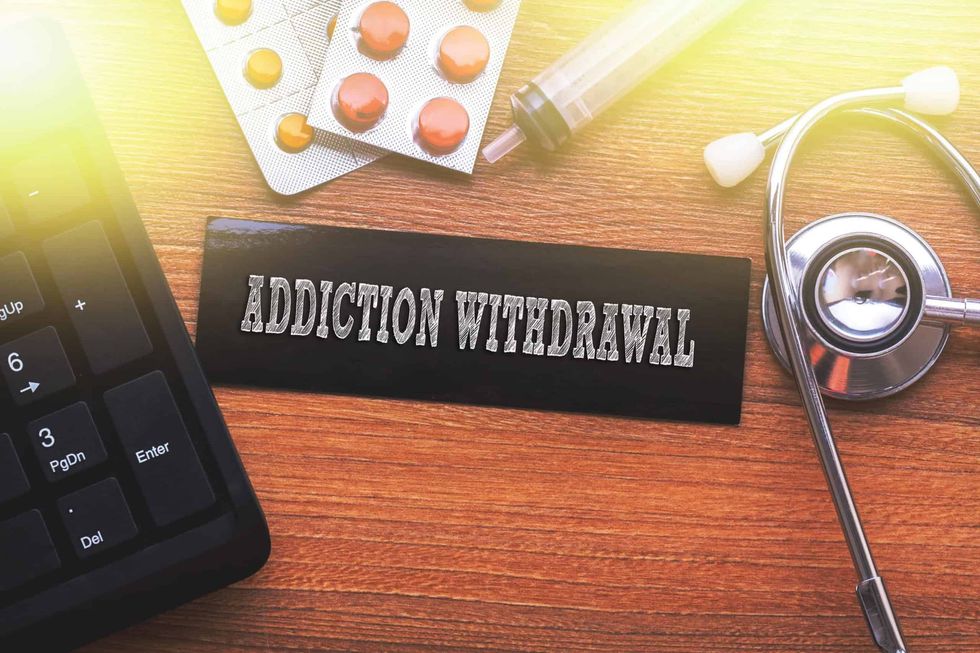If you're struggling with alcohol addiction and have decided to detox, it's important to understand that withdrawal symptoms can be uncomfortable, and in some cases, severe.
But with the right support and preparation, you can manage these symptoms and successfully detox from alcohol.
8 Tips To Help You Detox From Alcohol
Here are some tips to help you detox from alcohol and manage withdrawal symptoms:
Seek medical supervision:
Detoxing from alcohol can be dangerous, and it's important to do it under the supervision of a medical professional. They can monitor your vital signs, provide medication to manage withdrawal symptoms, and ensure that you are safe and comfortable throughout the process.
Gradually reduce alcohol consumption:
If possible, it's best to gradually reduce your
alcohol consumption before stopping completely. This can help to minimize withdrawal symptoms and make the detox process more manageable.
Stay hydrated:
Dehydration can make withdrawal symptoms worse, so it's important to drink plenty of water, electrolyte-rich fluids, and natural juices throughout the detox process.
Eat a healthy diet:
Proper nutrition can help to support your body during the detox process and can also help to minimize withdrawal symptoms. Eating a diet rich in fruits, vegetables, lean protein, and healthy fats can help to support your overall health.
Get plenty of rest:
Sleep is important for recovery and healing, so be sure to get plenty of rest during the detox process.
Practice relaxation techniques:
Techniques such as yoga, meditation, deep breathing, and progressive muscle relaxation can help to reduce stress and anxiety, and make the detox process more manageable.
Have a support system:
Detoxing from alcohol can be challenging, and it's important to have a support system in place. This can include friends, family, or support groups that can provide emotional support and encouragement throughout the process.
Consider medication-assisted treatment:
Medications such as Naltrexone, Acamprosate and Disulfiram can help to reduce cravings and manage withdrawal symptoms.
Final Thoughts on Making It Through Alcohol Detox
It's important to remember that alcohol addiction is a chronic disease and that detox is only the first step in the recovery process. After detox, it's important to continue with follow-up care and treatment to support a successful recovery. This can include inpatient or outpatient rehab, counseling, or other forms of therapy. If you or someone you know is struggling with alcohol addiction, it's important to seek professional help as soon as possible.












